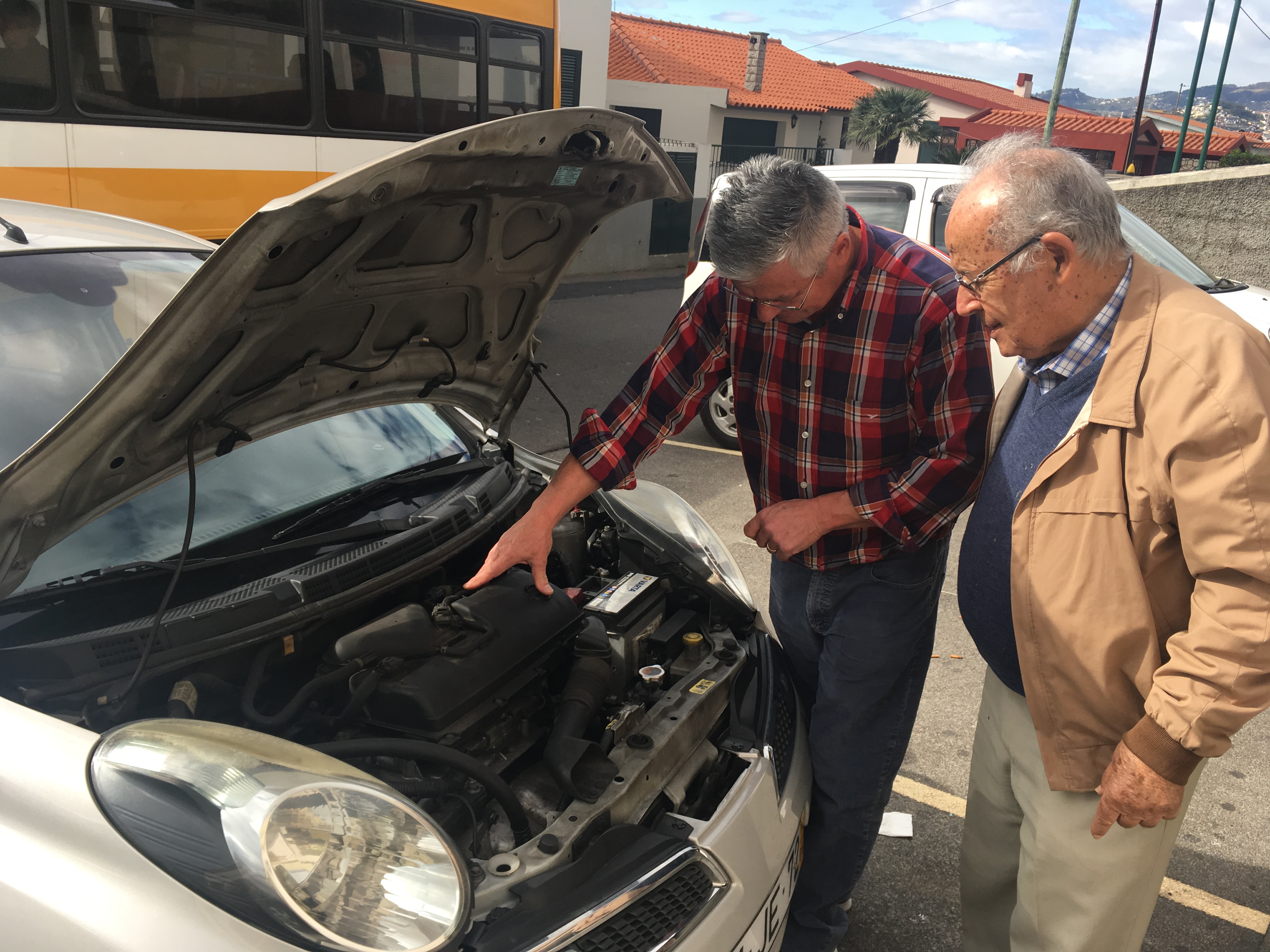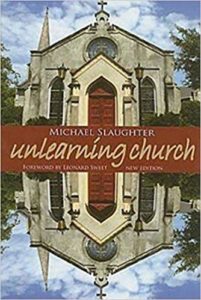Scripture Readings 21st July 2019, 16th Sunday in Ordinary Time, Year C
(Gen 18:1-10; Ps 14(15):2-5; Col 1:24-28; Lk 10:38-42)
Abraham, settled by the oaks of Mamre, near Hebron, south of Jerusalem, gives proper hospitality to his three special visitors. He addresses only one of them as Lord, who promises a son to the couple in their old age. God’s covenant promise to Abraham of countless descendants can now begin to come true.
The psalm lists the social virtues necessary to be at one with the Lord, especially justice and charity.
Paul had explained to the Colossians that with Christ’s death God’s covenant plan is now back on track. Paul sees his afflictions as helping spread the knowledge of redemption and contributing towards the debt Christ has already paid on our behalf.
The Jews believed that God would reveal his secret plans for creation: Paul says these have now been revealed – the mystery is Jesus the Christ, the man who is the revelation of God, now raised to the new life also promised to us.
In Luke’s description of Jesus’ visit to Martha and Mary, their brother Lazarus is not mentioned. Like Sarah, Martha is busy preparing the meal. With so much to do she is naturally – but not obsessively – distracted, and asks for Mary’s help. But Jesus reminds her that listening to the words of their prophetic guest is more important than domestic perfection.
Psalm Response: The just will live in the presence of the Lord.
(Gen 18:1-10; Ps 14(15):2-5; Col 1:24-28; Lk 10:38-42)

